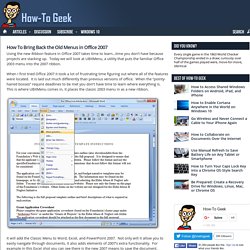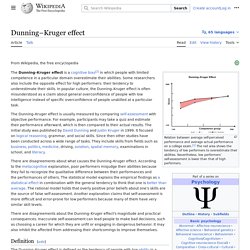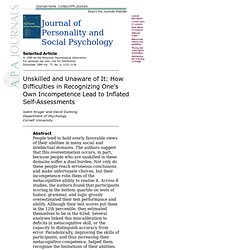

Classic 2003 menu add-in for excel 2007. Free Classic Menu for Office 2010 - Show Classic Menus and Toolbars on Ribbon of Microsoft Office 2010. Editor's Reviews If you find yourself spending way too much time trying to locate frequently-used Microsoft Office commands through its newly designed interface, this program is for you... - CNET (www.Download.com is a web site of CNET) Hands on: Show Office 2007 who's the boss ...Sensing an opportunity, third-party software vendors have stepped in with products that either replace or enhance the new Ribbon interface in several Office 2007 applications...

Classic Menu adds a tab filled with Office 2003 menus... - ComputerWorld Don't get derailed by Office 2007 compatibility issues #10: Adding on a "classic" user interface. . . . - TechRepublic User's Reviews I love you - I love you!! -Eydie BioScientific, Inc. / Great Big Plants Dear Sirs, I just want to let you know how much I appreciate your Classic Menus program. Yours Andrew Lovell Hello, Thank you very much for your very useful advice. Regards John Ashton Hi, Thank you so much for your kindness and sense of service. Thank you again, Dafydd MB. How To Bring Back the Old Menus in Office 2007 - Mysticgeek’s Realm. Using the new Ribbon feature in Office 2007 takes time to learn…time you don’t have because projects are stacking up.

Today we will look at UBitMenu, a utility that puts the familiar Office 2003 menu into the 2007 ribbon. When I first tried Office 2007 it took a lot of frustrating time figuring out where all of the features were located. It is laid out much differently than previous versions of office. When the “pointy-haired bosses” require deadlines to be met you don’t have time to learn where everything is. This is where UBitMenu comes in, it places the classic 2003 menu in as a new ribbon.
SCIENCE. PC Gaming. Relax. Online Education. Help. Pearltrees videos. History. Dunning–Kruger effect. Cognitive bias about one's own skill The Dunning–Kruger effect is a hypothetical cognitive bias stating that people with low ability at a task overestimate their own ability, and that people with high ability at a task underestimate their own ability.

As described by social psychologists David Dunning and Justin Kruger, the bias results from an internal illusion in people of low ability and from an external misperception in people of high ability; that is, "the miscalibration of the incompetent stems from an error about the self, whereas the miscalibration of the highly competent stems from an error about others".[1] It is related to the cognitive bias of illusory superiority and comes from people's inability to recognize their lack of ability. Without the self-awareness of metacognition, people cannot objectively evaluate their level of competence. Original study[edit] Later studies[edit] Mathematical critique[edit] Paired measures[edit] Cultural differences in self-perception[edit]
Unskilled and Unaware of It: How Difficulties in Recognizing One's Own Incompetence Lead to Inflated Self-Assessments. Journal of Personality and Social Psychology Selected Article © 1999 by the American Psychological Association For personal use only--not for distribution December 1999 Vol. 77, No. 6, 1121-1134 Unskilled and Unaware of It: How Difficulties in Recognizing One's Own Incompetence Lead to Inflated Self-Assessments Justin Kruger and David Dunning Department of Psychology Cornell University Abstract People tend to hold overly favorable views of their abilities in many social and intellectual domains.

The authors suggest that this overestimation occurs, in part, because people who are unskilled in these domains suffer a dual burden: Not only do these people reach erroneous conclusions and make unfortunate choices, but their incompetence robs them of the metacognitive ability to realize it. We thank Betsy Ostrov, Mark Stalnaker, and Boris Veysman for their assistance in data collection. Received January 25, 1999; revision received May 28, 1999; accepted June 10, 1999 Imperfect Self-Assessments. Indecision Demotivator.